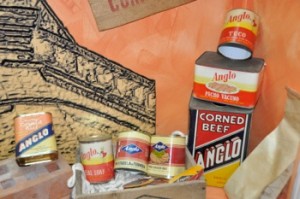The number of people in Auckland confirmed to have contracted typhoid remains at 18; with one probable case and two others still under investigation.
The Auckland Regional Public Health said this afternoon that of those cases, three people remained in hospitals around the city.
All patients – including children – are connected to the Mt Albert Samoan Assembly of God church congregation which holds its Sunday services at Wesley Primary School in Mt Roskill.
“More cases may come to light as a result of the work ARPHS is doing to trace those who have been in contact with people confirmed as having typhoid,” a statement said.
“Typhoid has a typical incubation period of eight to 14 days, but incubation can be up to 80 days.
This means cases may emerge over the course of several weeks.”
Health officials are urging anyone who has close contacts to those affected by the disease to take extra precautions.
“Public health services have asked close contacts of typhoid patients who are in settings where there is an increased risk of transmission, such as food handlers, to stand down until they’re cleared.”




 investigated. Five people were hospitalized, according to the Centers for Disease Control and Prevention.
investigated. Five people were hospitalized, according to the Centers for Disease Control and Prevention. prepared food for some time before it was finally diagnosed.
prepared food for some time before it was finally diagnosed.